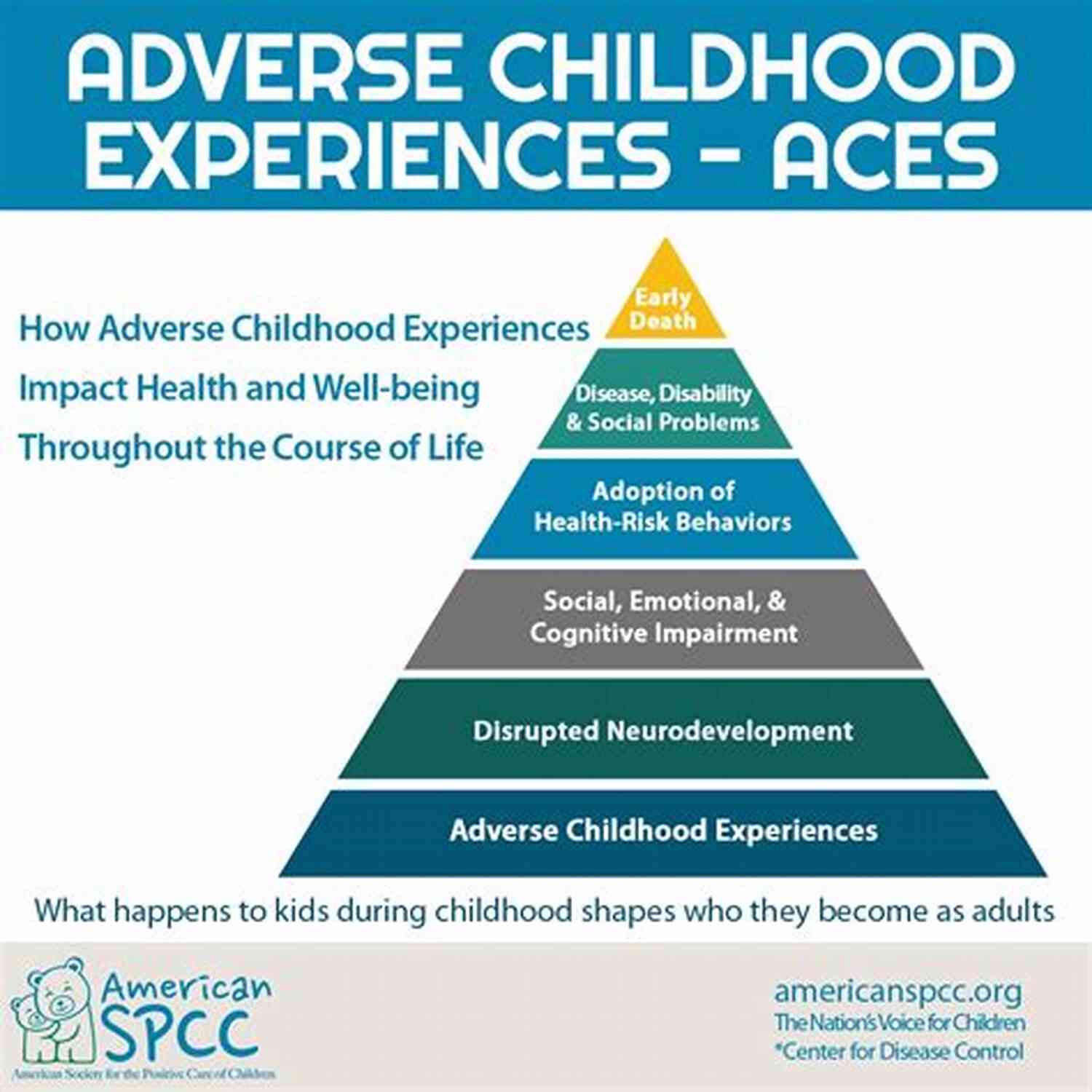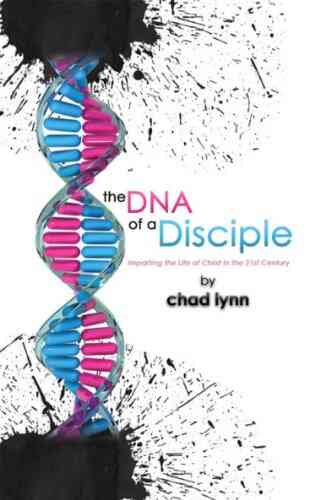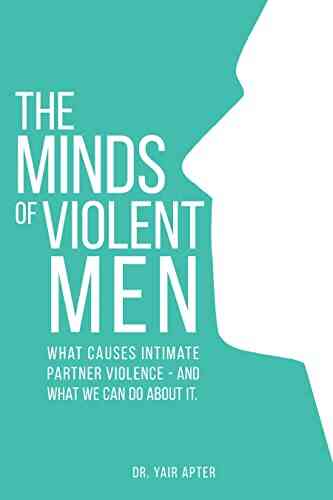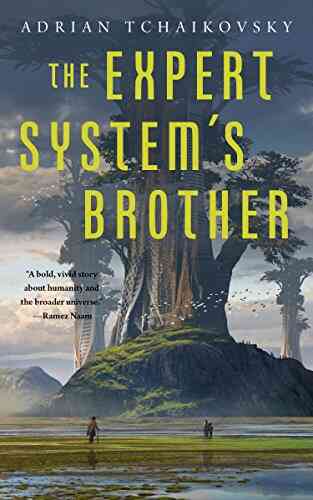The Minds Of Violent Men: Unraveling the Complexities of Their Behavior

Violence has always been a prevalent issue in society. Whether it's domestic violence, gang-related crimes, or acts of terrorism, understanding the minds of violent men can help us address and prevent such behavior. In this article, we will take a deep dive into the psyche of violent men, unraveling the various factors that contribute to their actions and exploring potential avenues for intervention and rehabilitation.
Understanding the Roots of Violence
Violence is not a characteristic inherent to masculinity or maleness. However, it is undeniable that a significant majority of violent crimes are committed by men. Exploring the underlying causes and triggers for this behavior is crucial to gain insights into the minds of violent men.

Research suggests that a combination of biological, psychological, and socio-cultural factors contribute to violent tendencies in men. Genetic predispositions, exposure to violence during childhood, and mental health issues can all play a role. Moreover, societal expectations of masculinity and the glorification of aggression in certain environments can fuel these tendencies.
4 out of 5
| Language | : | English |
| File size | : | 1754 KB |
| Text-to-Speech | : | Enabled |
| Enhanced typesetting | : | Enabled |
| Print length | : | 246 pages |
| Lending | : | Enabled |
| Screen Reader | : | Supported |
The Role of Childhood Experiences

Childhood experiences shape our perspectives and behavior as adults. For violent men, a history of abuse, neglect, or witnessing violence during their formative years creates a fertile ground for aggressive tendencies. Such experiences may lead to the development of anger management issues, emotional trauma, and distorted perceptions of power and control.
A sensitive and compassionate approach to addressing childhood trauma could help in preventing the escalation of violent behaviors. Early intervention and support systems can provide a path towards breaking the cycle of violence and fostering healthier mindsets in young individuals.
The Psychology of Violence
Psychological factors often underpin violent conduct. Limited emotional intelligence, poor impulse control, and an inability to regulate anger can intricately connect to the mindset of violent men. By delving into the psychological aspects of violence, we can gain a deeper understanding of their behavior.

Psychological disorders, such as antisocial personality disorder, narcissistic personality disorder, or borderline personality disorder, are frequently associated with violent tendencies. These disorders impact an individual's ability to empathize, regulate emotions, and develop healthy relationships, contributing to a higher propensity for violence. Early identification and appropriate psychological support may prove instrumental in curbing violent behavior.
Breaking the Cycle of Violence
Addressing violent men solely through punitive measures often fails to tackle the root causes effectively. By adopting a more comprehensive and multi-faceted approach, we can strive towards breaking the cycle of violence.
Creating educational programs focused on emotional intelligence, conflict resolution, and alternative coping strategies can help provide individuals with the necessary skills to break free from violent behaviors. Counseling and therapy, along with anger management courses, can aid in developing healthier patterns of behavior, fostering empathy, and improving overall mental well-being.

Additionally, societal awareness, early intervention programs, and support structures are vital in identifying individuals at risk of engaging in violent behavior and providing them with adequate guidance and assistance. Community-based initiatives working in collaboration with law enforcement agencies and mental health professionals can offer a holistic approach to tackle the issue at its core.
The Importance of Rehabilitation
While prevention and early intervention are crucial, it is also essential to address the rehabilitation of violent men who have already committed acts of violence. Effective rehabilitation programs that focus on understanding the root causes of violence, fostering empathy, and providing cognitive-behavioral therapy can help individuals reintegrate into society as responsible and non-violent contributors.

By addressing the underlying issues and providing the necessary support, we can increase the chances of successful reintegration and reduce recidivism rates. Rehabilitation programs must be tailored to each individual's needs, incorporating elements of education, vocational training, and ongoing psychological support to ensure long-lasting positive change.
The minds of violent men are complex, influenced by various biological, psychological, and socio-cultural factors. Understanding these complexities is crucial in order to effectively address and prevent violent behavior. By focusing on early intervention, psychological support, and rehabilitation, we can strive towards a safer society where individuals are empowered to break free from the cycle of violence and lead fulfilling lives.
4 out of 5
| Language | : | English |
| File size | : | 1754 KB |
| Text-to-Speech | : | Enabled |
| Enhanced typesetting | : | Enabled |
| Print length | : | 246 pages |
| Lending | : | Enabled |
| Screen Reader | : | Supported |
An intriguing look at the lesser-known side of male violence – the mind of the offender.
Unlike most books about abuse at the hands of men, this unique account does not focus on the victims – rather, it shines a light on the mindset of the violent men themselves, unraveling the causes, characteristics, and consequences of their actions.
From his experience as a clinical social worker who has worked for over 25 years with men who have committed acts of domestic violence, Dr. Yair Apter lays out the psychological complexities and social influences surrounding male violence, giving readers a rare opportunity to delve into this increasingly common phenomenon from a new, rarely seen empathetic perspective – without compromising its important social standpoint.
Interspersed with true case studies from Dr. Apter’s clinic, this book combines theory and practice to create a comprehensive overview of why men become violent, and what can be done to prevent it and to rehabilitate offenders.
Do you want to contribute by writing guest posts on this blog?
Please contact us and send us a resume of previous articles that you have written.




















Light bulbAdvertise smarter! Our strategic ad space ensures maximum exposure. Reserve your spot today!

 Jerry HayesHunter Killer Movie Tie-In: George Wallace - A Riveting Dive into This Epic...
Jerry HayesHunter Killer Movie Tie-In: George Wallace - A Riveting Dive into This Epic...
 Quincy WardLegends Worth Discovering: The Epic Tales of Dragon and Herdsman, Dragon and...
Quincy WardLegends Worth Discovering: The Epic Tales of Dragon and Herdsman, Dragon and... Brenton CoxFollow ·16.3k
Brenton CoxFollow ·16.3k Emmett MitchellFollow ·13.3k
Emmett MitchellFollow ·13.3k Glenn HayesFollow ·7.5k
Glenn HayesFollow ·7.5k Leslie CarterFollow ·18.1k
Leslie CarterFollow ·18.1k Jan MitchellFollow ·9.4k
Jan MitchellFollow ·9.4k Zachary CoxFollow ·3.2k
Zachary CoxFollow ·3.2k Shaun NelsonFollow ·18.7k
Shaun NelsonFollow ·18.7k Marvin HayesFollow ·17.9k
Marvin HayesFollow ·17.9k

 Dwayne Mitchell
Dwayne MitchellSaving The Maldives: The Floating Island
The Maldives, known for...

 Ethan Mitchell
Ethan MitchellManaging The Production Hour: Mastering Efficiency and...
As businesses strive to meet growing demands...

 Virginia Woolf
Virginia WoolfThe Food Lab: Better Home Cooking Through Science
Have you ever wondered why some...

 Jeff Foster
Jeff FosterThe Darling Songbirds: The Songbirds of Darling Bay
When it comes to enchanting melodies and...

 Eli Blair
Eli BlairDeath And New Life In Pandemic
The COVID-19 pandemic has brought about...

 Dave Simmons
Dave SimmonsThe Unstoppable Nathan Run: A Thrilling Journey Into John...
When it comes to gripping thriller novels,...

 Amir Simmons
Amir SimmonsDistant Horizon Backyard Starship: Exploring the Cosmos...
The mysteries of the universe...

 Simon Mitchell
Simon MitchellUnveiling the Secrets: The DNA of a Disciple - A...
Do you ever wonder what it takes to become a...

 Samuel Taylor Coleridge
Samuel Taylor ColeridgeThe Epic Tale of Snake River Slaughter: Matt Jensen, The...
The Snake River, winding through the...

 Ray Blair
Ray BlairThe Ultimate Covid Alphabet For Teachers: The Key to a...
With the Covid-19 pandemic still ongoing,...

 Gage Hayes
Gage HayesFor The Sake Of Family: Why Prioritizing Our Loved Ones...
Family is the backbone of...
4 out of 5
| Language | : | English |
| File size | : | 1754 KB |
| Text-to-Speech | : | Enabled |
| Enhanced typesetting | : | Enabled |
| Print length | : | 246 pages |
| Lending | : | Enabled |
| Screen Reader | : | Supported |




















